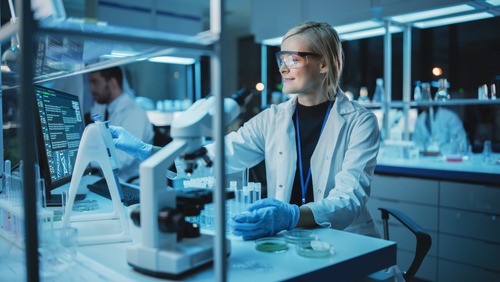
Noting that with advances in biological sciences comes the potential for abuse, the Johns Hopkins Center for Health Security applauded the InterAcademy Partnership this week for endorsing new Guidelines for Codes of Conduct for Scientists produced by Tianjin Biosecurity.
These guidelines, created through the cooperation of Johns Hopkins, Tianjin University, the InterAcademy Partnership, the U.S. Department of State, and the Chinese Ministry of Foreign Affairs, represent a standard for members of the biological sciences to conduct themselves. First and foremost, the codes, therefore, call for a respect of human life and social ethics and stress understanding of the risks of potential research, respect for participants, and international cooperation, among other things.
Naturally, the guidelines took the international Biological and Toxin Weapons Convention to heart in their creation.
“The Tianjin Guidelines describe the ways in which scientists are all responsible for promoting biosecurity and protecting against the misuse of the biological sciences,” said Dr. Gigi Kwik Gronvall, the senior scholar who led Johns Hopkins’ efforts on the guidelines. “IAP’s endorsement is a clear indication that these guidelines are important for all scientists and that they should be part of their codes of conduct. We have to harness this momentum to educate more scientists about the guidelines so that they may be widely used and shared.”
The guidelines were developed in part through the insights of experts from 16 different countries. The InterAcademy Partners is a collective organization of 140 national, regional, and global academies of science, centered on advancing public health, promoting science education, and pushing effective policies therein.
The Interacademy Partnership officially endorsed the Tianjin Biosecurity Guidelines on July 8, 2021.




